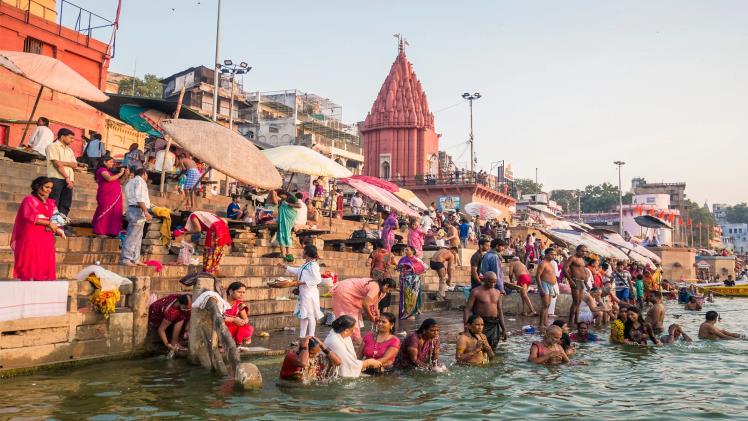The Definition of Cultural Travel

Cultural Travel occurs when travelers explore and immerse themselves in the customs, traditions and cultures of new countries they visit. While tourist attractions or cities might be your main goal for visiting, taking time to truly understand and explore local customs is what defines Cultural Travel; every traveler should strive towards it!
Culture immersion is one of the greatest delights of travel and one of the key reasons people love it so much. However, experiencing something completely foreign may be intimidating at first – so doing your research prior to leaving home will ensure you have an enriching cultural experience while minimizing any possible cultural shock.
Respecting the culture you visit is also paramount, so take extra steps to avoid offending anyone with your actions. A great way to do this is through research: learn what the major taboos are before arriving. If unsure, talking to locals and asking about their customs will give you more authentic conversations with locals.
An effective way to begin exploring is to do some preliminary research online or reach out to an Airbnb host for advice. In addition, learning the history of your destination country and its people will give you greater insight.
Grand tours were once an indulgence enjoyed by young aristocrats as an educational way of traveling across Europe and learning about its arts and cultures. While you might no longer be able to take part in these trips, you can still immerse yourself in foreign cultures by researching its heritage, visiting museums, or participating in festivals in each new country you visit.
One great way to explore a foreign culture is through volunteering or taking classes that teach about local cuisine and traditions. Doing this allows you to get hands-on experience and meet locals while also learning more about your destination country.
The primary determinants of being a cultural traveler include socioeconomic characteristics such as age, gender, marital status, income level and level of education. Age shows nonlinear effects with lower age groups having the highest probability of cultural traveling. Gender also shows nonlinear effects but they tend to be smaller than age effects.
The variable “UNEMPLOYED” has a negative influence on cultural traveler probability; RETIRED and STUDENT have positive influences, in keeping with microeconomic theory of precautionary saving, where current consumption decreases while savings increases when there is uncertainty surrounding future income (Falk and Katz-Gerro, 2016).

